Avoid These Blunders and Keep Your Partner Happy
OK, your duck dog will probably never be truly mad at you. You're the dog's pack leader, of course, and your pup loves to please you. Still, you might let your dog down now and then or miss out on opportunities to let your buddy grow and succeed.
Let's look at six reasons your pup might get mildly miffed at you this season.
Click here for more Realtree waterfowl hunting content. And check us out on Facebook.
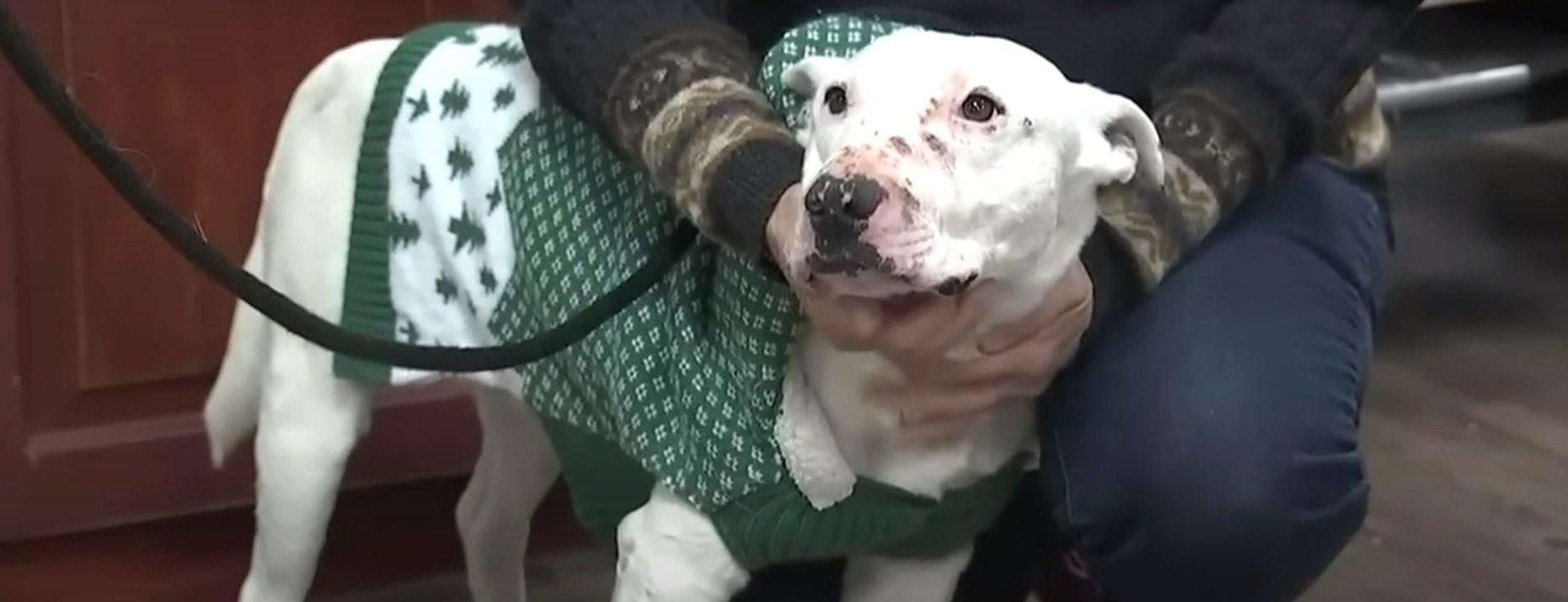
Most dog owners know this is a huge mistake, yet many hunters can't seem to break the cycle. Typically, it goes like this: You don't train your dog sufficiently to succeed with specific commands or in some situations, but you expect the pup to miraculously perform in those scenarios when hunting. For example, you might never work the dog with the back command farther than 100 yards, but when it fails to execute a 250-yard blind retrieve in the field, you become dismayed. Worse, you then get angry at the dog and might punish it when it cannot succeed.
That's horribly unfair to your pooch. Train the dog as much as possible, and prepare it for various hunting situations. But know its ‚ and your ‚ limitations, and don't expect the dog to somehow intuitively pick up on unrealistic expectations. And above all, lay off the collar, and don't take out your frustrations on your hunting buddy.
Photo © Denver Bryan
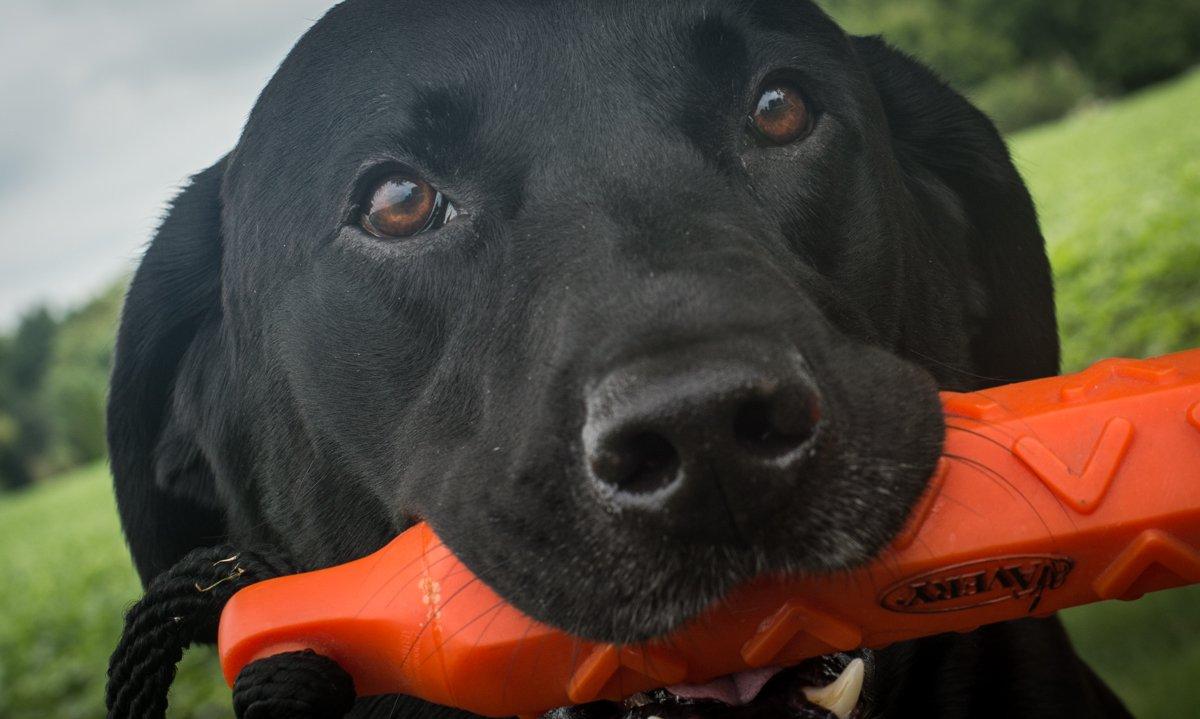
This often goes hand in hand with the first sin. You let your retriever get soft and overweight during the off-season, but then you expect the dog to perform like a high-performance athlete opening day.
Doesn't work, folks. If your college team's quarterback came into the season 20 pounds overweight and unable to run a 100-yard dash, fans would scream. The same holds true with your dog. Keep its weight down, and exercise your buddy as often as possible. Yes, this takes time and commitmentbut your pup will love the activity. You will, too.
Photo © Bill Konway
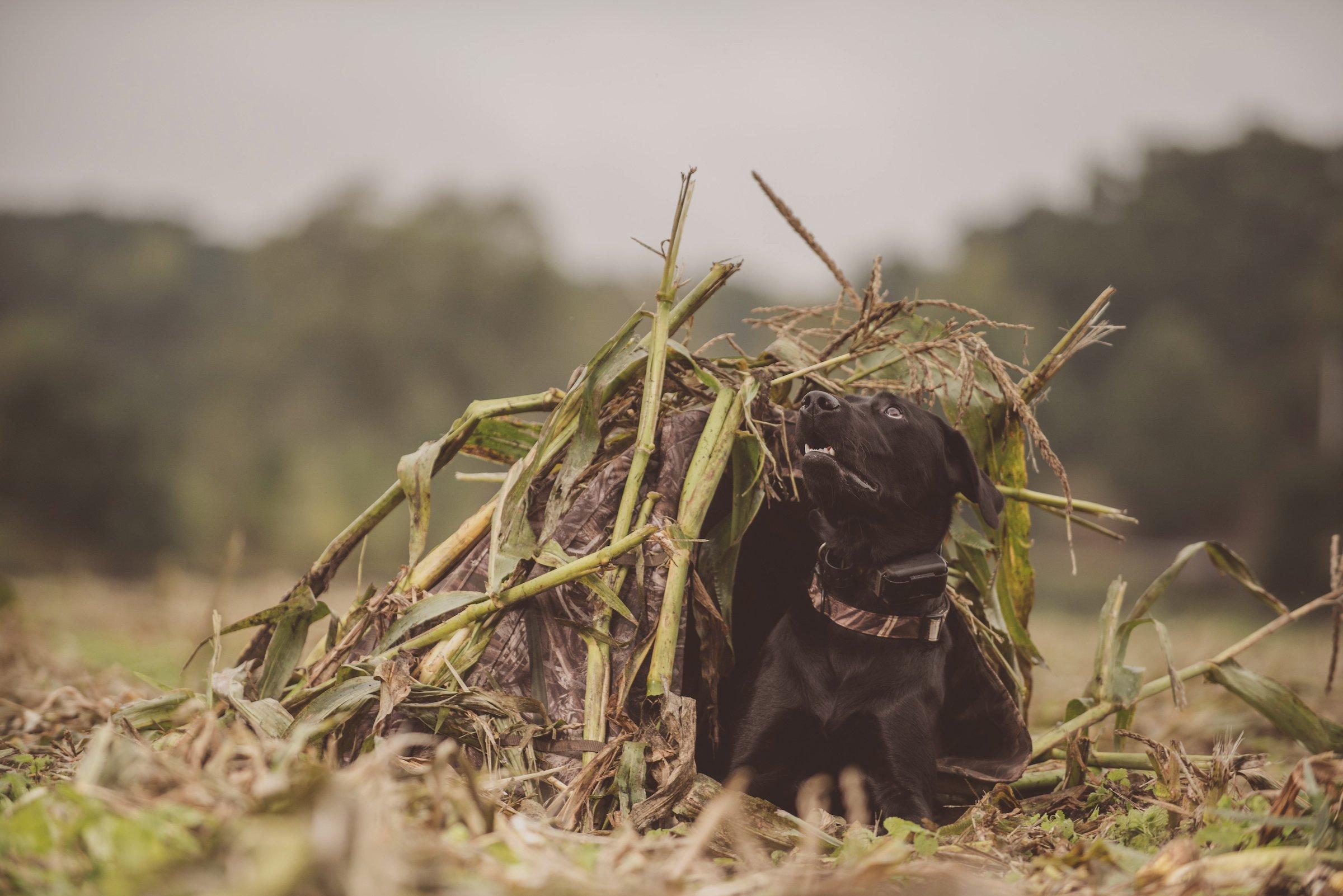
I made this mistake for years. When hunting heavy cover such as cattails or wild rice, I'd wedge my skiff deep into the vegetation so no duck could bust me. Unfortunately, I forgot that my retriever ‚ which sits several feet lower than I stand ‚ could not see anything. Then, when I'd drop a bird, I'd wonder why she hadn't marked it.
Because she couldn't, dummy. Put your pup in position to succeed. Make sure they're stationed where they can see birds fall, whether that's on a stand in timber, a platform in your duck boat or even the head of a small skiff. Of course, you'll have to ensure that your buddy sits and remains still and steady so birds don't flare from excited movement. That goes back to entry No. 1.
Photo © Craig Watson
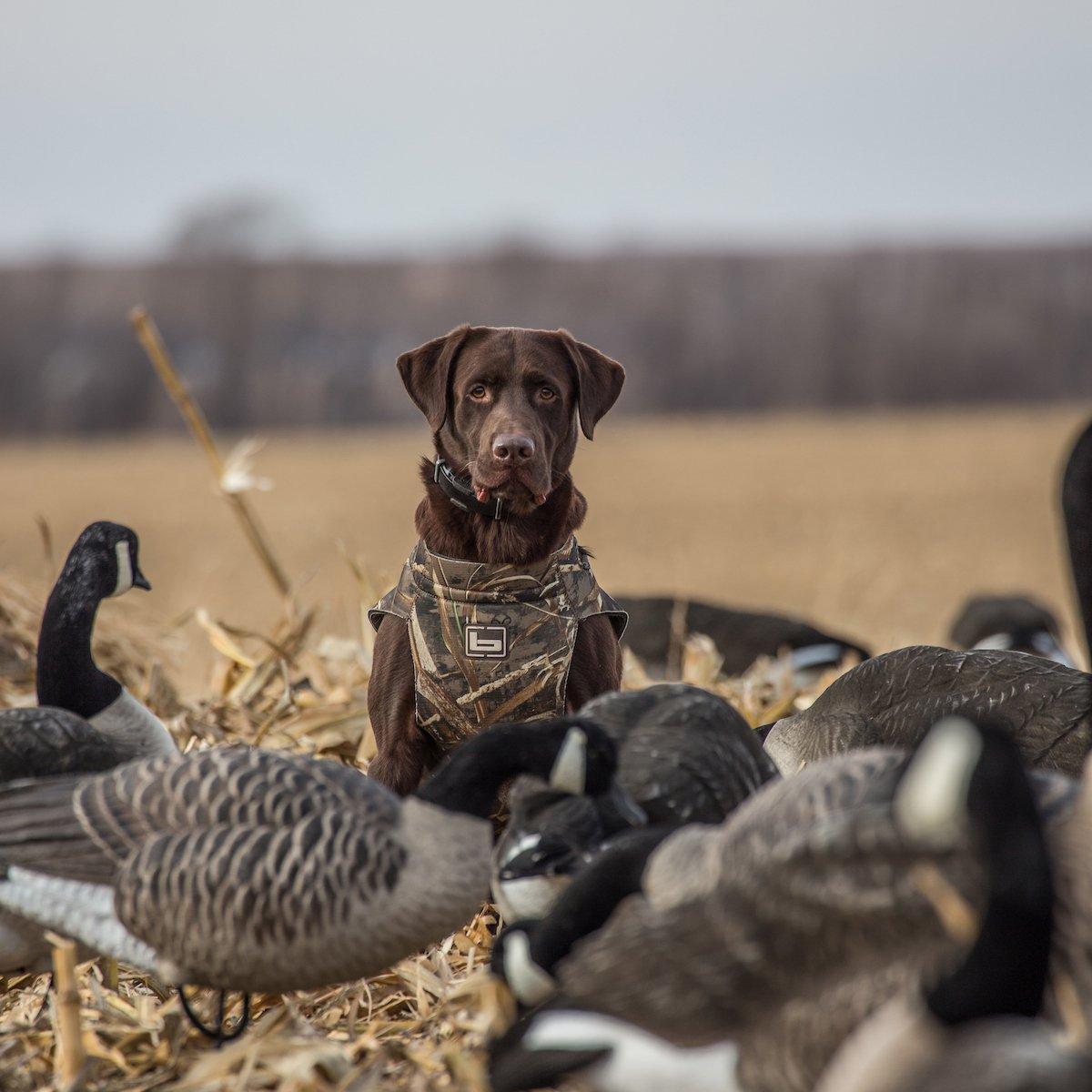
This is sort of a light-hearted consideration, but it holds some weight. If you cannot hit any ducks or geeseyou're essentially denying your companion chances at retrieving them. True, your dog should stay steady when you and your buddies whiff. Yet deep down, don't you want to send your pup at every opportunity, letting it work blind retrieves, make great marks or root out birds in heavy cover?
We all do. Keep your shooting eye sharp so your dog gets plenty of chances.
Photo © Tom Rassuchine/Banded
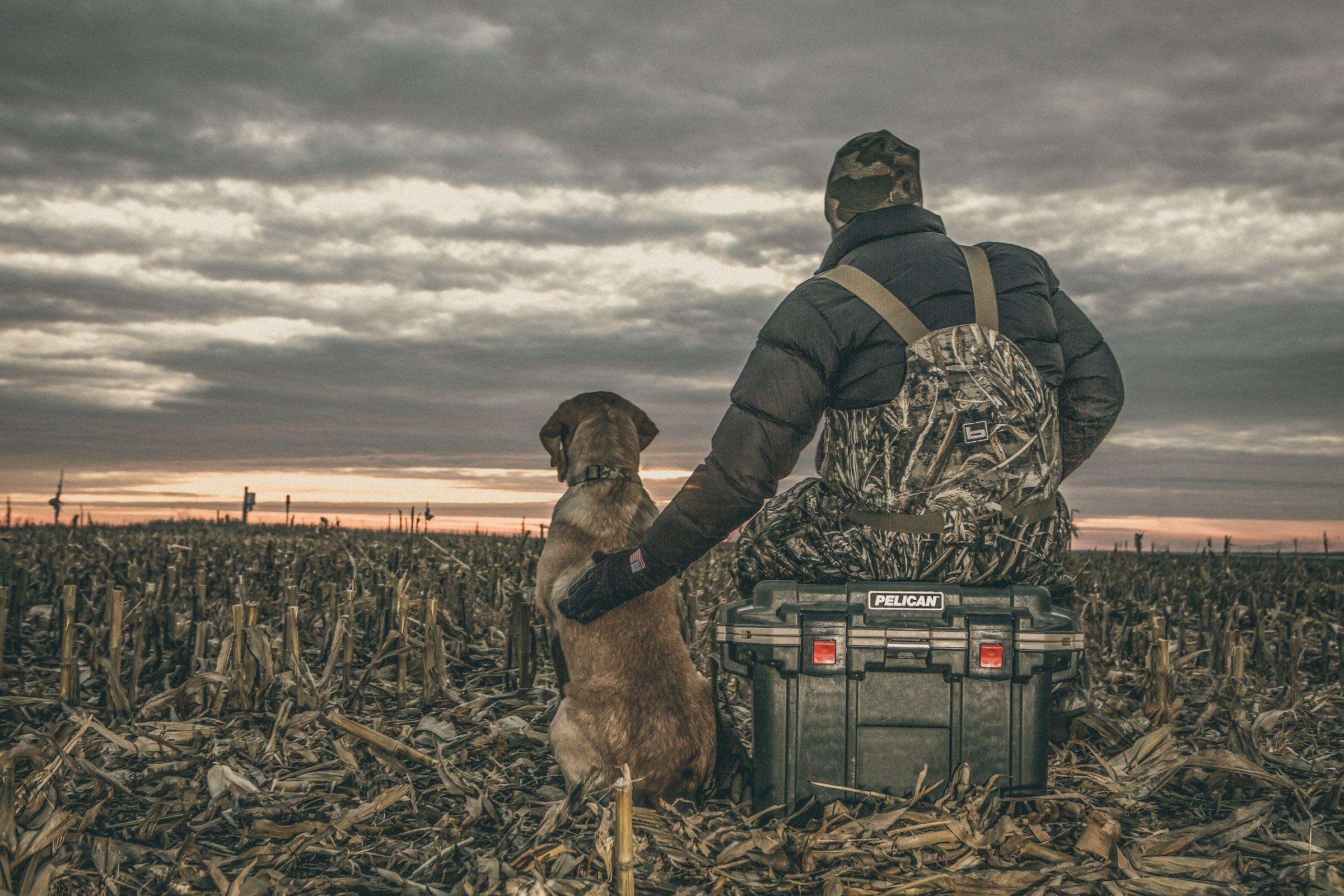
Dogs are extremely place-oriented and can easily be conditioned to controlled situations. And that's great if you only plan to hunt your pup in those familiar scenarios. Just don't be surprised when Rover acts like an unruly puppy when you eventually hunt at new places or in different circumstances.
Acclimate your pooch to as many situations and habitats as possible. Challenge your buddy. Expect some confusion and misbehavior, and don't let this get you down. Instead, work with the dog to reinforce commands you should have worked on during training. Soon, your pal will settle down and look like an old pro in a new game.
Photo © Tom Rassuchine/Banded
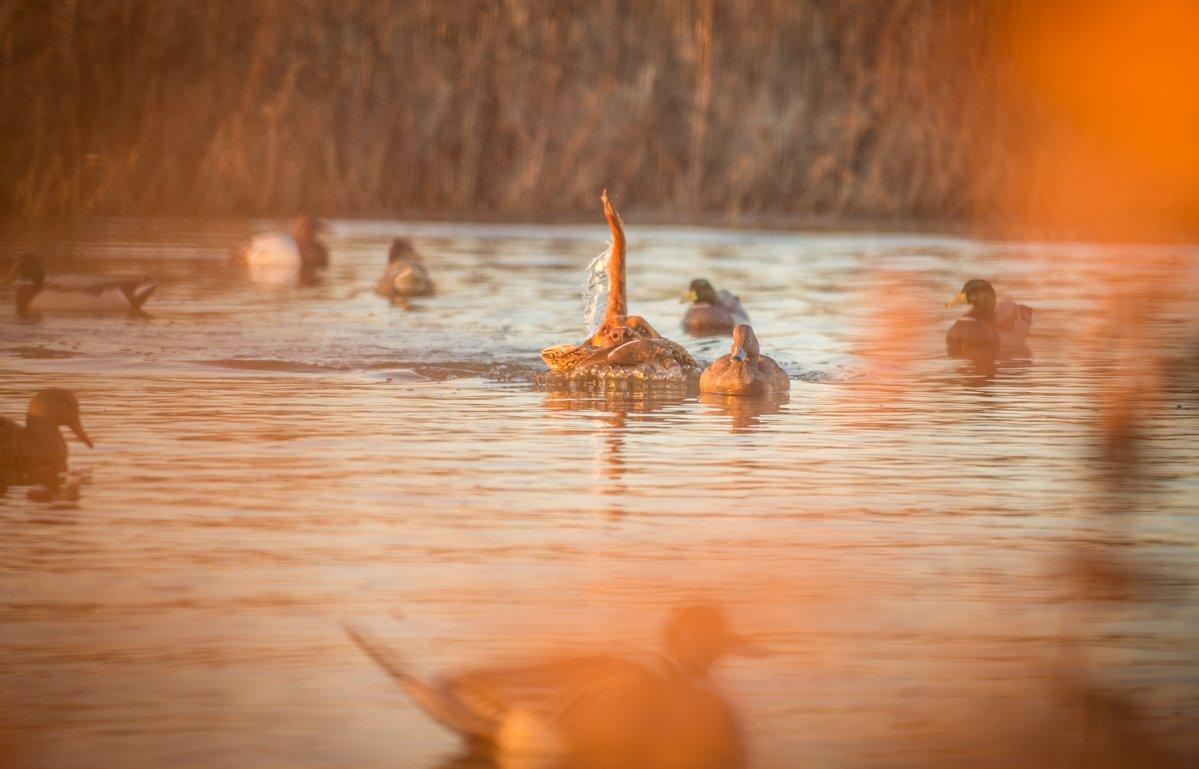
I hate this sin worse than all others. Your duck dog was born and bred to hunt. So take the dog hunting. To do otherwise is almost to deny the pup its existence and the prospect of a happy life. Further, you'll miss out on season after season of memories and mutual growth.
Man, that dog needs to hunt. Do your part.
Photo © Bill Konway






